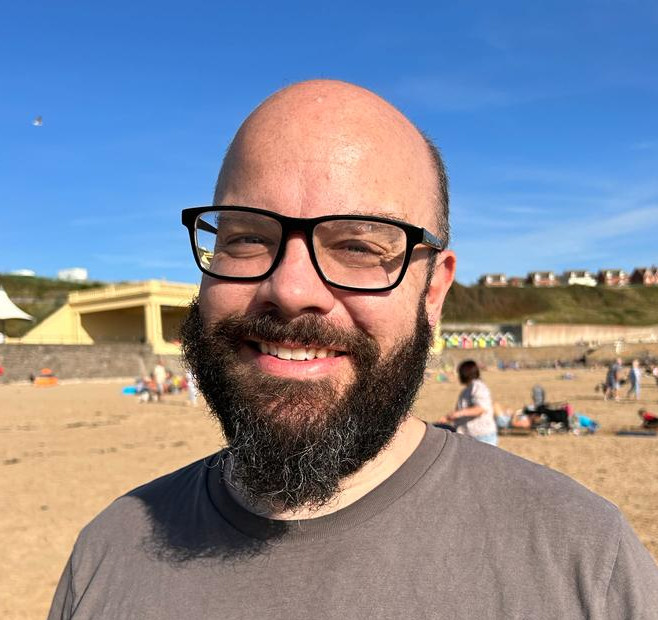While being stuck in the house with a stomach bug the last couple of days, it was a nice surprise to happen across the 90s comedy The Thin Blue Line on YouTube. I’ve quite enjoyed watching it but at the same time it struck me that it’s quite a good example of where things were at in the mid-90s in terms of the representation of gender, sexuality and ethnic origin (The series aired from 1995-96). It’s sort of like you can see they were trying, but at the same time having one foot in the past.
Here’s the make up of the main cast:
Uniform
Inspector Raymond Fowler: White male, 40-something
Constable Patricia Dawkins: White female 30-something
Constable Frank Gladstone: Black male 50-something (Trinidadian origin)
Constable Kevin Goody: White male 20-something
Constable Maggie Habib: Asian female 20-something
CID
Detective Inspector Derek Grim: White male 40-something
Detective Constable Robert Kray: White male 30-something
Detective Constable Crockett: White female 30-something
In terms of ethic origin I think it’s actually unusually mixed for the time, to a point where it feels a bit constructed. What’s really interesting is the portrayal of sexuality. Kevin Goody is probably one of the campest characters ever to be on TV, but is apparently straight. His implausible attraction to Maggie Habib not being reciprocated is a running gag. I’m pretty sure the only reason the character isn’t gay is because the BBC probably thought the audience wouldn’t cope with it. There are a couple of jokes in the early episodes surrounding characters being offended by the suggestion that they (or in one case one of their literary heroes) might be gay. At the same time one episode features a character who isn’t at all camp and turns out to be gay, and this isn’t given any negative connotations. DI Grim is clearly homophobic, but the script avoided these two characters interacting.
Throughout the first series, CID consists of 3 characters, one of which (Constable Crockett) is female. Crockett’s first name is never mentioned, she doesn’t actually speak until episode 4, and is mostly mute for the rest of the series. A few times there are even situations where she and DC Kray are jointly given orders, where her lack of response is conspicuous, with only her male colleague giving a (lengthy) reply.
I feel like there should be a conclusion to this but I’m not sure what it is. Would be interested to hear your thoughts in the comments.


So, what do you think ?